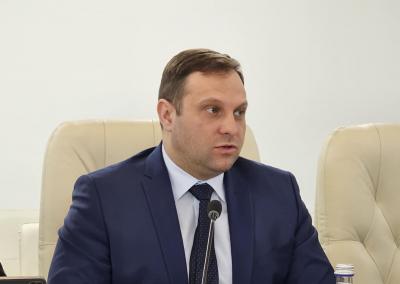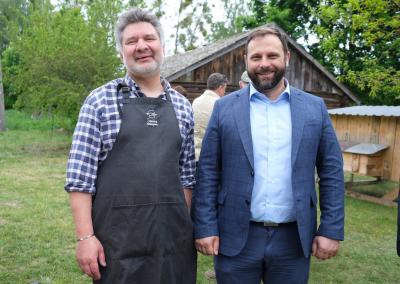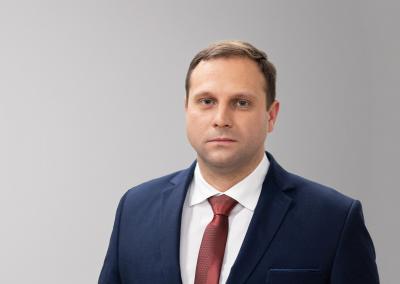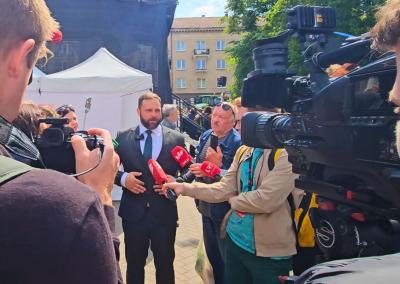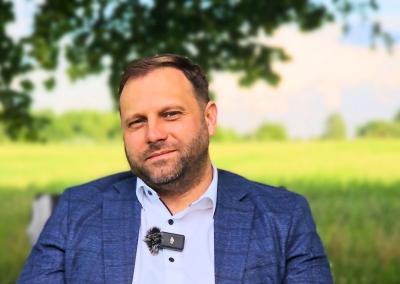I. Hofman: traders account for the largest share of income in the milk supply chain
An analysis by the Food Council has shown that most of the money earned from milk marketing goes to the last link in the supply chain, says Minister of Agriculture Ignas Hofmanas.
„It has become obvious that we can conclude that milk – the traders take the biggest share of the earnings. So far, looking at the information they have provided, there is no reason for such a large share of the price going to them," Mr Hofmanas told the Seimas during the Government Hour on Thursday.
According to the head of the Ministry of Agriculture (MAA), the Food Council, which was formed at the beginning of the year, has already carried out an analysis of the marketing chains for meat, buckwheat and the aforementioned dairy products.Although the council has identified trends of unfair trading practices in the dairy sector, Hofman says the ministry currently has few tools at its disposal to combat this.
„It is true that we have an action plan in place, and there are some legal instruments that we could use to try to achieve a fair price for consumers and a fair distribution of profits between the parts of the chain,“ the minister said.
„The Food Council only meets every 3 months, so we should not expect quick results. (...) I hope that at least with one or the other products we will achieve a tangible result“, – summarized I. Hofmanas.
According to the information from the Agricultural Data Centre (ADC), the average purchase price of raw milk of natural fat content in Lithuania in February amounted to EUR 550.21 per tonne (excluding VAT), which is 0.23% higher than in January.Compared to February last year, the increase was more than 30%.
The Council is made up of representatives from ministries, agricultural associations, universities and business.
I. Hofmann has also said that the new body could be the equivalent of a tripartite council bringing together representatives of employers, trade unions and institutions.




































































































